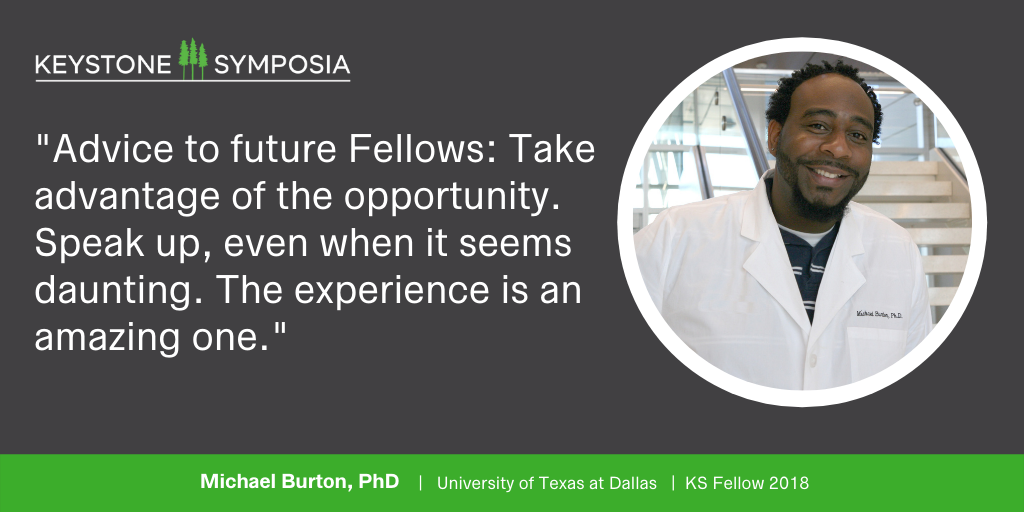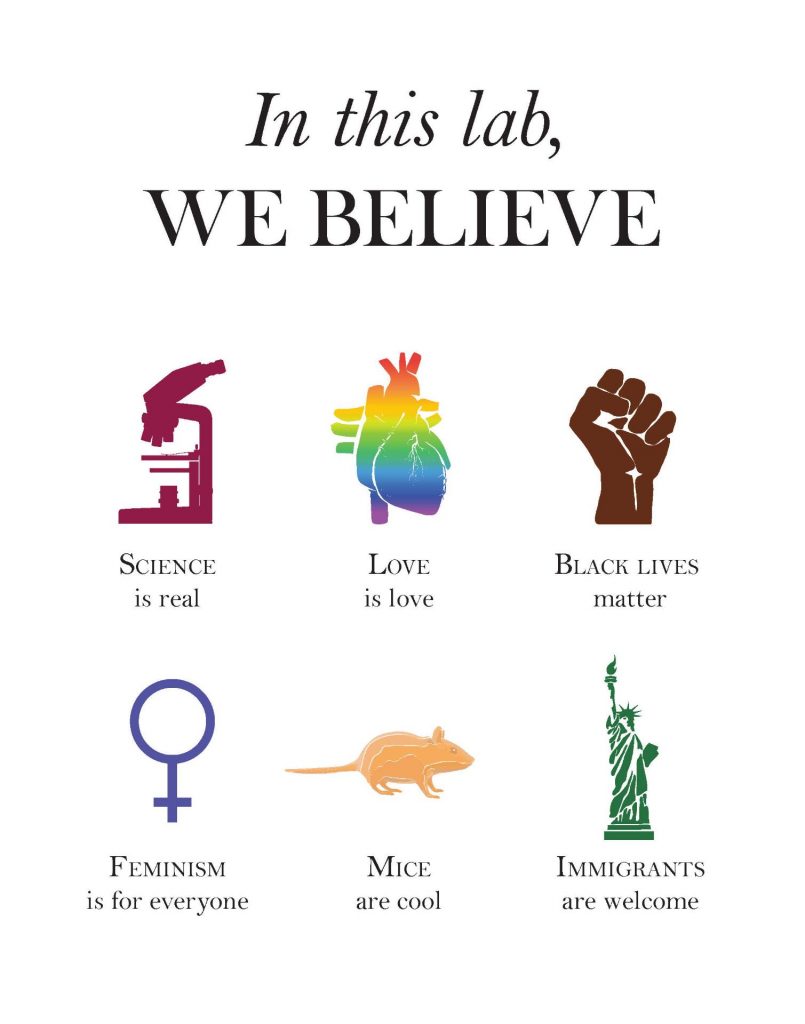
Lab Philosophy
Our lab’s motto is similar to Google’s in their early days: “Don’t be Evil”. Our mantra is that everyone has access to all information and resources to make complete and educated decisions, but to not use it for selfish reasons or “evil”. If you see something wrong, it is your responsibility as a lab citizen to communicate to ensure your lab mates are on the same page as you at all times….”indifference to evil is worse than evil itself…in a free society some are guilty, but all are responsible.” Good science is for everyone and should be shared aptly.
The research we conduct in the Neuroimmunology and Behavior lab is both basic and translational. This means that want to understand basic circuitry and cellular mechanisms for the greater good of science. But we think, strategize, and execute with the notion that our research will directly impact human/patient health. We do both of these at a very high order everyday and expect all participating individuals to be strategic, self-regulated, reflective, and overall highly functional.
We are excited about our potential and impact to develop our basic understanding of science and to develop therapeutics, strategies, or building blocks to treatments to help many fold more individuals across time. This may not be immediate or obvious, but must always be at our core and taken very seriously. With that in mind, individuals must approach all lab tasks with integrity, ingenuity, and intellect. We are a group that work together to produce outcomes more powerful and impactful than could be done on our own.
We ask that if you come in our space that you come fully prepared to engage and put in the energy you are prepared to put into your “ultimate goal”, rather it, conducting research, practicing medicine, or working in industry. Skills in research are translatable to all walks of life and we want to help you understand the deep value research has. The expectation is the new generation “stand on the shoulders of the ones before them and not on each others’ feet” so that scientific progress is made and we produce well designed, reproducible, and highly impactful data to the best of our ability without repeating the same mistakes or stagnation.
Central to a good lab environment is prioritizing the health and well-being of the members. This means that lab members are encouraged to properly plan experiments and time manage so that they can take the proper time off to rest. This is normal time off to develop a life outside of the lab, in addition to being sick. Timing of research goals can be arranged to accommodate course schedules, unexpected life events etc., but it requires a high level communication.
Thank you for your interest, hope to hear from you soon!
